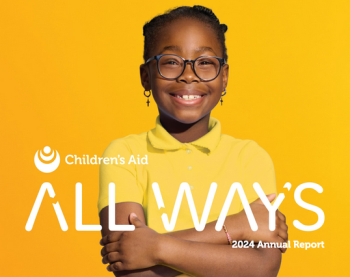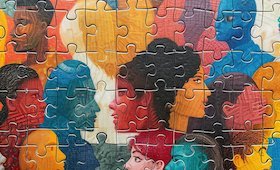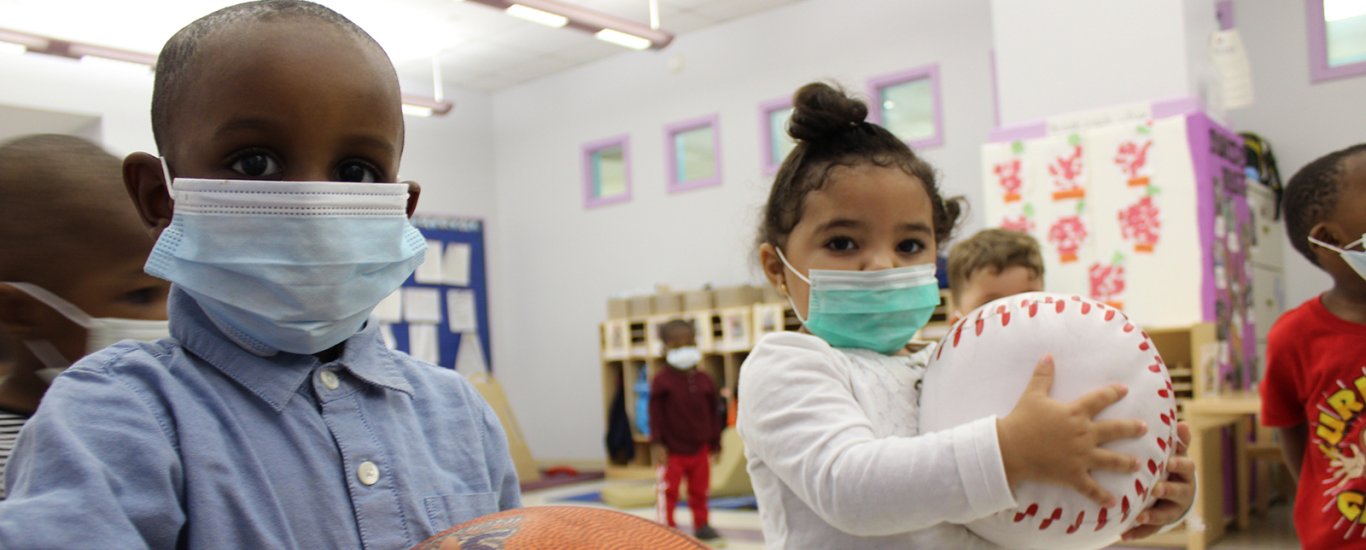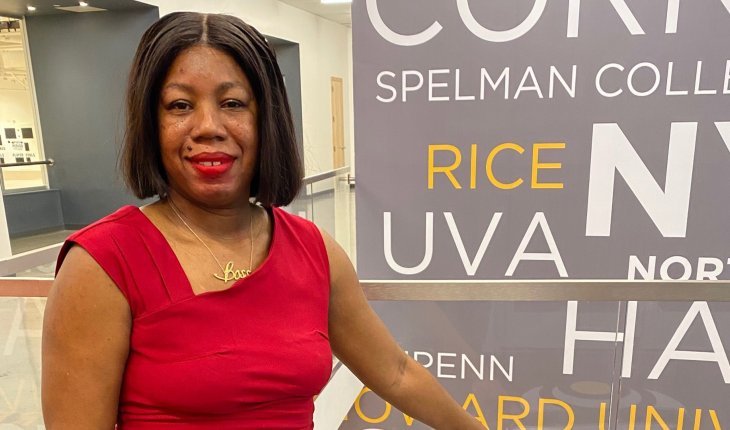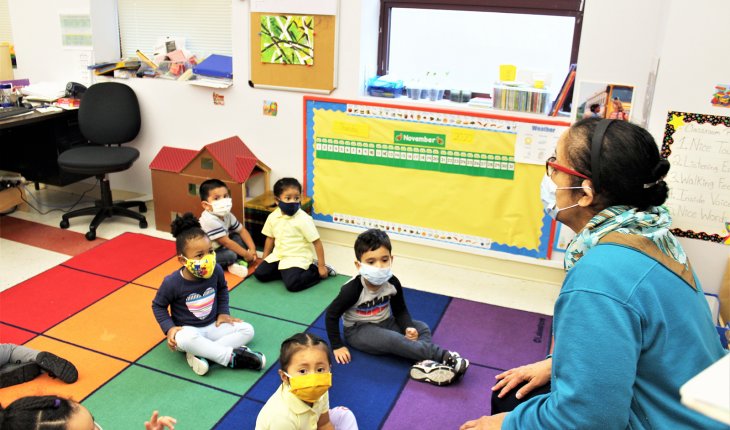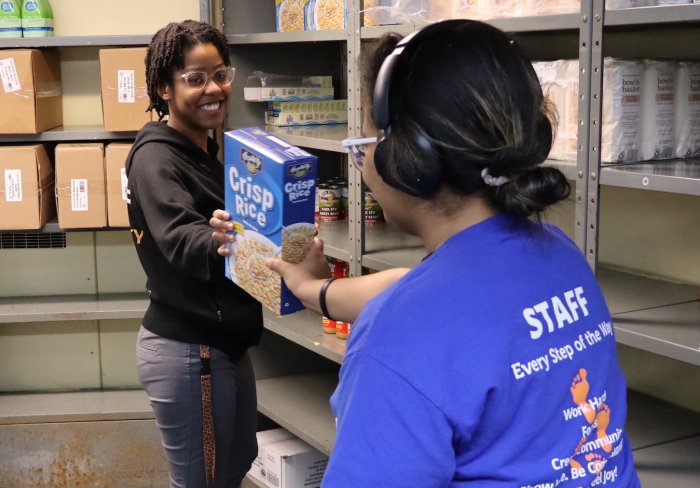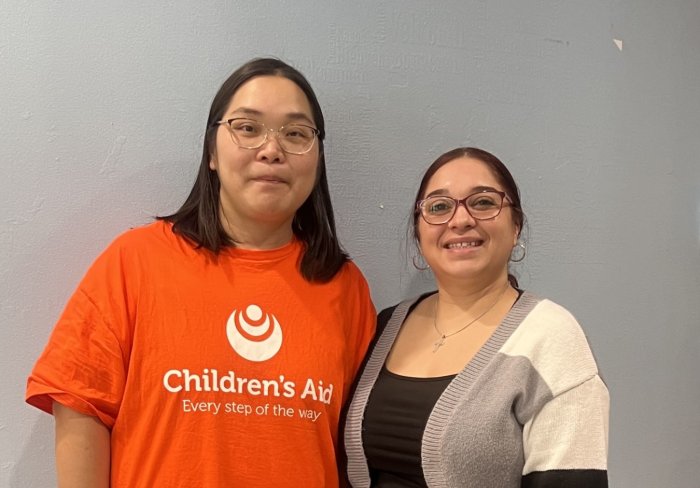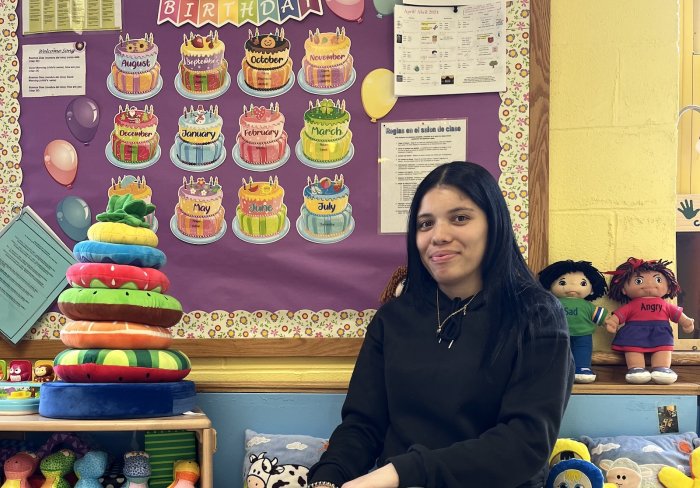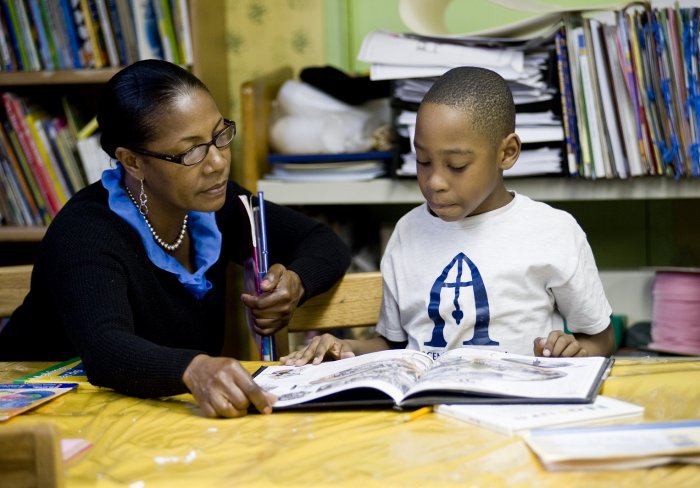When LaChelle Walker first stepped foot in the Bronx Early Childhood Center, it was still under construction. It was the summer of 2001, and she had finally heeded the call of so many friends and family members who had told her to quit her career in hotel management and go into teaching instead.
She was so excited about the interview that she looked past the dust and the unfinished paint and saw that the center had something much more important: potential. She saw that the center was being designed with children in mind, with brightly colored tiles, doors, light fixtures, and even blinds.
“You could just see that this was going to be a special place,” LaChelle said.
